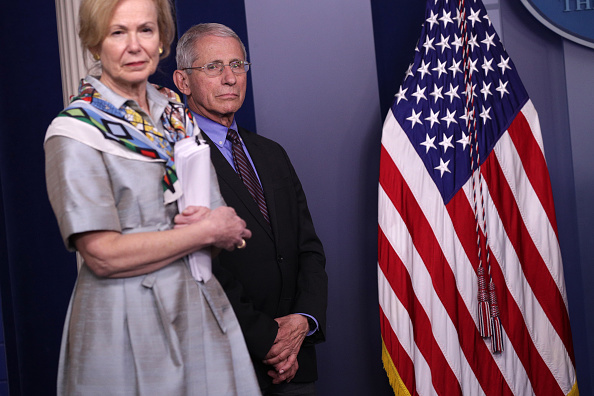Matched with appropriate insurance coverage, DPC can save patients thousands of dollars per year compared to the current broken, highly inefficient system.
DPC is one of the most innovative areas of health care for one reason: It is not part of the centrally controlled (socialized), government-managed system. DPC doctors offer fantastic care, and they do so without the artificial restrictions imposed by governments and insurance companies, who exert significant power over the practice of medicine.
DPC doctors, along with free-market entrepreneurs, are competing to find solutions to the problems facing our health care system in ways the government/insurance-controlled system can’t or won’t.
This doesn’t mean free enterprise is easy. As a direct primary care physician, building my practice from the ground up was hard, risky, and stressful. I had to save money to cover my expenses until the new practice grew to the point it could be successful and self-sustaining. I also had to create a business plan, rent space, hire staff, market my new practice model, and jump through countless government-imposed hoops. And even after all the hard days and long nights of work, there was never any guarantee of success.
Government’s Bureaucratic Obstacles
Taking part in creating a new type of medical practice is unquestionably a difficult endeavor, but as challenging as it has been, I can’t help but think how utterly impossible it would have been to accomplish it under a socialized system. In such a system, a doctor who wants to develop a new practice, innovative service, or fancy new widget that can help patients cannot do so by relying on passion, talent, and hard work alone. In a socialized system, innovation exists only if permission can be secured from that system’s army of slow-moving, often uninterested government bureaucrats and central planners, because individuals do not own the means of production in socialist systems.
Nothing about central planners makes them prescient, of course, and history is full of examples of government agents failing to innovate even when a solution was obvious.
Bureaucrats’ inability to grasp a new idea is never proof of its likelihood of failure. Numerous culture-changing innovations were initially rejected by others. For examples, see FedEx’s Frederick Smith and Apple’s Steve Jobs. On this point, Jobs once said, “Our job is to figure out what they’re [the public] going to want before they do,” adding, “People don’t know what they want until you show it to them.”
Neither Practitioners Nor Customers
One of the biggest problems with socialized systems is that the government agents making the decisions often have no knowledge of the industry they are regulating, and even when they do, they typically aren’t the customers. They don’t know if a new gadget would make a farmer more productive, a TV thinner, or blood draws less painful. How could they? They would have to possess near-omniscience to perceive all potential applications—applications that the end user, the customer, often readily grasps.
How many existing innovative products and ideas would have died at the hands of bureaucrats, had they been in charge? How many great ideas have already been snuffed out by regulators the world over? How do you measure the loss of innovation that never occurred?
Because of bureaucratic hurdles and the risks of challenging them, countless great ideas have likely died on the lips of innovators in socialist countries with the defeated whisper, “Why bother?” and we are all likely worse off because of it.
Imagine where our world would be if the creative potential of the millions who toiled under socialist regimes in the twentieth century had been unleashed instead of being crushed. Embracing the way of innovation, entrepreneurship, and free enterprise isn’t always easy, but give me the opportunity to improve the world while improving myself and I’ll take that any day of the week.
Chad Savage, M.D.([email protected]) is a policy fellow at the Docs 4 Patient Care Foundation, a policy advisor at The Heartland Institute, and the founder of the DPC practice YourChoice Direct Care in Brighton, Michigan.





